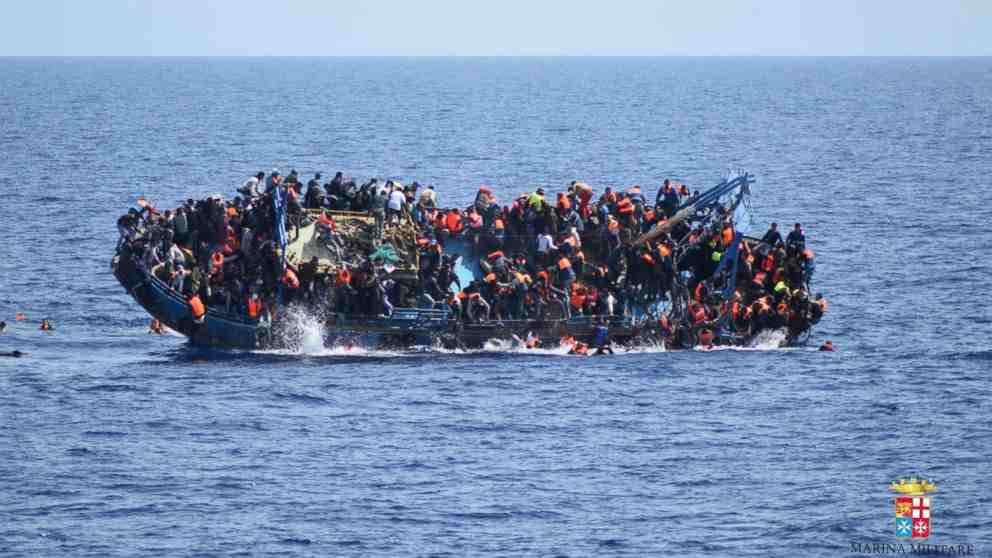The Royal Moroccan Navy has successfully rescued a boat carrying 141 African migrants that encountered difficulties during its journey from Mauritania to the Canary Islands, a Spanish archipelago. The rescue operation took place on Sunday, roughly 274 km (170 miles) southwest of Dakhla in the Western Sahara Desert.
According to the Moroccan navy, the migrants had departed from the Mauritanian coast on 10 February. The incident was reported to Reuters news agency, who confirmed the details provided by the Moroccan navy.
The Canary Islands have become a major destination for migrants attempting to reach Europe, and last year saw a significant increase in arrivals. Approximately 32,000 migrants arrived on the islands in 2020, the highest number recorded since 2006.
Spanish authorities have been closely monitoring the situation and have reported a surge in migrant arrivals from Mauritania specifically since the beginning of the year. Most of the boats attempting the perilous journey originate from Mauritania, as migrants seek alternative routes to reach Europe.
Migration routes have changed throughout the years, with authorities cracking down on crossings from Libya and other North African countries. As a result, migrants have turned to the longer and more dangerous route through Mauritania and Morocco to reach the Canary Islands.
The treacherous Atlantic Ocean journey poses significant risks to those attempting it. Overcrowded and poorly equipped boats, coupled with adverse weather conditions, often lead to tragedies at sea. Many migrants have lost their lives, while others endure long, arduous journeys only to face uncertain futures upon arrival.
The Moroccan navy has been actively involved in search and rescue operations, demonstrating their commitment to preventing further loss of life. Their efforts are crucial, as migrants’ lives are at stake and immediate action is required to ensure their safety.
While some migrants hope to find better economic opportunities in Europe, others are fleeing violence, persecution, and instability in their home countries. The influx of migrants necessitates not only effective rescue operations but also comprehensive international cooperation to address the root causes of migration.
The European Union and other international actors have recognized the need for a comprehensive approach to migration, encompassing efforts to address poverty, improve governance, and enhance job opportunities in countries of origin. By tackling these underlying issues, the hope is to provide people with better alternatives and reduce the number of dangerous journeys being undertaken.
As the number of migrants attempting to reach the Canary Islands continues to climb, there is a pressing need for collaboration and shared responsibility among the countries involved. This includes supporting Morocco and Mauritania in managing migration flows and providing adequate resources to ensure the prompt and safe interception of distressed vessels.
Furthermore, efforts to address the drivers of migration through targeted development programs, conflict resolution, and peacebuilding initiatives must be intensified. The ultimate goal should be to create stable, prosperous, and inclusive societies in Africa, where individuals no longer feel compelled to risk their lives in search of better opportunities.
The recent rescue operation by the Moroccan navy highlights the ongoing challenges posed by irregular migration in the region. It serves as a reminder that urgent action is needed to protect the lives and dignity of migrants, address their underlying needs, and build a more sustainable future for all.
Image credit: AP





